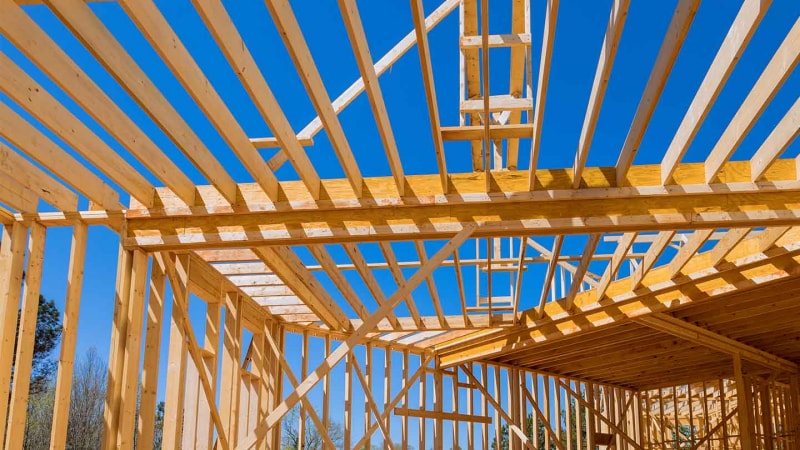Buying a condo vs. a house: Things to consider

Condominiums, or condos for short, are an option for buyers looking for more ownership than apartment-style living. With a condo you typically own the inside of your unit, while still enjoying the perks of community living, such as shared maintenance and amenities. Plus, buying a condo may come with a smaller price tag than single-family homes. But how does buying a condo vs. buying a house differ overall? Let’s take a look.
What is a condo?
A condo is a privately owned unit within a community of other privately owned units, typically with shared recreational amenities and other common areas. You typically own all your condo’s internal space—the wall-to-wall, floor-to-ceiling interior space. The ownership structure for the common areas and recreational facilities may vary by condo association or building.
A condo’s physical structure varies depending on the community. They can be found in high rises, traditional apartment-style complexes, or even as detached structures, similar to single-family homes in some cases. To manage shared spaces and amenities, condos are typically overseen by a condo association, which assesses monthly fees that unit owners pay for the maintenance of commonly owned areas, insurance and other shared expenses.
Difference between owning a condo and a house
Condo ownership is typically confined to singular units within a larger complex (though it’s possible to buy multiple units), whereas homeownership may include ownership of the physical structure of the house and the land it sits on.
Buying a condo
Like any real estate purchase, you’ll likely be taking out a mortgage to buy a condo. Many of the same mortgages that are available to purchase a single-family home are available to purchase a condo—however, it’s the application process that will differ slightly.
Because a condo community is managed by a condo association, the community may be subject to how well the association is funded and performing. Does the association have enough revenue to cover expenses? How is responsibility for the repairs and maintenance of different aspects, such as windows and exterior doors, shared between unit owners and the condo association? As the buyer, these are all questions you may want to ask—and your lender may also require you to provide condo association documents as part of the mortgage application process. This is because the financial health and performance of the association can impact the buyer's ability to repay the loan.
In a lender’s eyes, condo properties come with more associated risk due to the impact the association may have on overall upkeep and, ultimately, property value. The lender will evaluate whether the property meets certain guidelines before approving a mortgage. Since lenders evaluate both the borrower and the condo association or HOA, it can be helpful to secure official documentation from the association in advance of your mortgage application.
How buying a house differs from buying a condo
- Buying a house doesn’t typically come with community rules and guidelines that may affect your mortgage terms, unless the home is part of a community managed by an HOA.
- With a single-family home, the lender may only need to evaluate the finances of the borrower and the condition and value of the single property.
- Because of the guidelines and financial evaluations, condos are typically viewed with more associated risk and may come with higher rates.
Additional considerations when buying a condo vs. house
Just like a traditional home, buying a condo is an asset with an opportunity to appreciate over time. Compared to single-family homes in the same area, condos may come with smaller price tags. They sometimes have less to worry about too.
In summary
There are a few differences between buying a condo and buying a single-family home. The risk lenders may associate with condos can impact the mortgage application process, but the types of mortgages you can apply for are often the same types of mortgages used to finance a single-family home.



